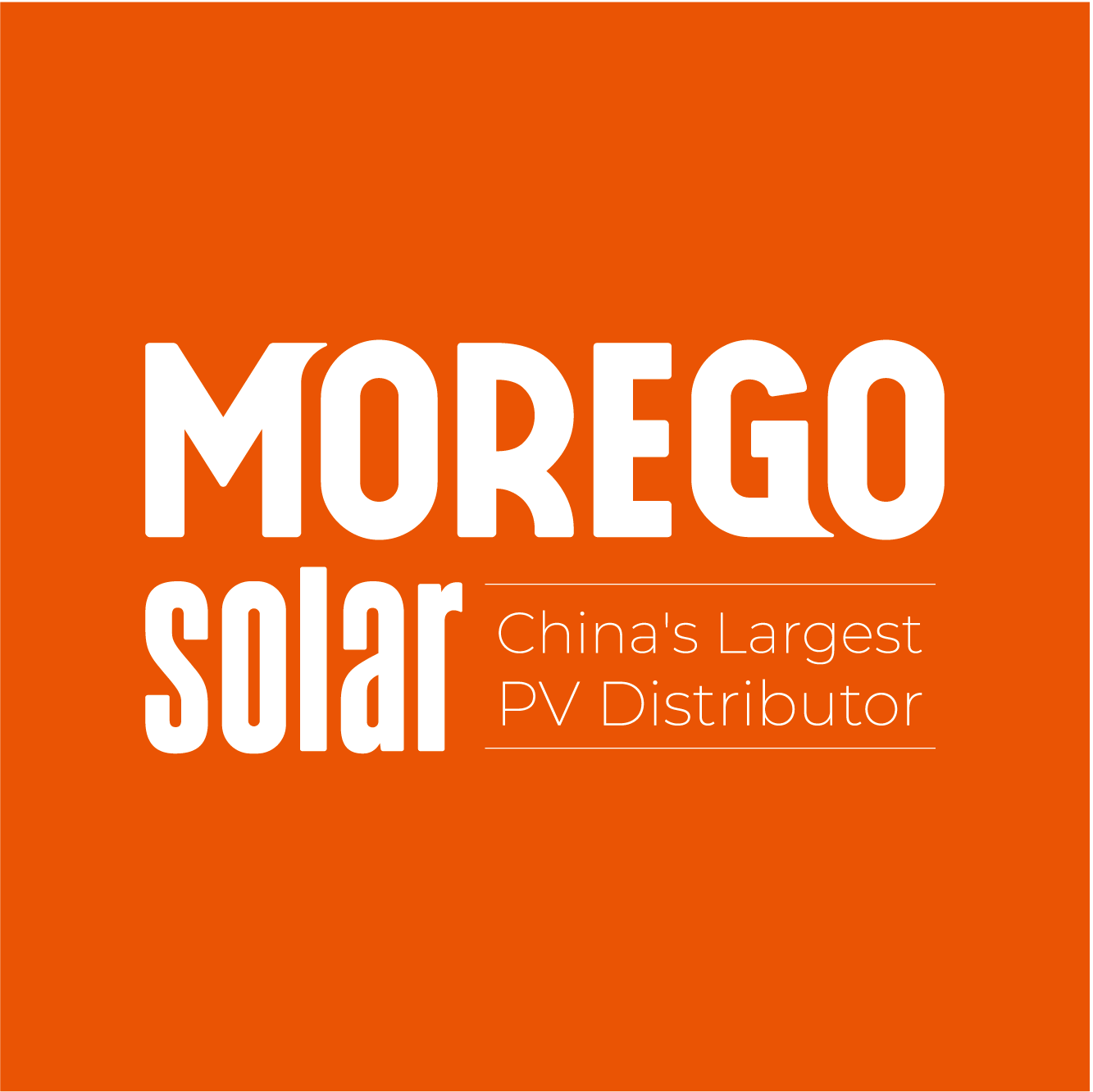In a photovoltaic (PV) system, as technology matures, the capacity ratio between modules and inverters changes. The 1:1 ratio is no longer applicable due to factors such as sunlight conditions, installation angles, and energy losses, which prevent modules from achieving 100% output efficiency. This results in a portion of the inverter's power capacity being underutilized and wasted.
How to Design the PV String?
How many PV modules should each string contain?
What is the optimal number of PV strings to connect to an inverter?
Module Parameters
Standard Test Conditions (STC)
When designing PV strings, the electrical parameters of modules under STC conditions are typically chosen. Standard Test Conditions for ground-mounted cells or modules are: air quality AM1.5, solar irradiance 1000W/m², and cell temperature 25℃.

Temperature Coefficient of Module Open-Circuit Voltage (Kv)
The temperature coefficient Kv of the module's open-circuit voltage is a negative value. This characteristic means that the open-circuit voltage decreases as the temperature increases and increases as the temperature decreases.

Effects of Temperature on Module Open-Circuit Voltage

Effects of Irradiance on Module Voltage and Current

Inverter Parameters

Max. DC Voltage: The maximum input voltage value of the inverter, which needs to consider the effect of actual temperature on the open-circuit voltage of the module.
Number of MPPTs: The strings connected to the same MPPT must have consistent quantity, orientation, and angle.
MPPT Voltage Range: The Vmppt voltage range within which the inverter operates.
Nominal Voltage: The closer the inverter operates to its nominal voltage, the higher the efficiency and the better the power generation yield.
Inverter Efficiency Curve

The design of the PV string must meet two conditions simultaneously:
A. The maximum open-circuit voltage of the series-connected PV modules must be lower than the maximum input voltage of the inverter.
B. The voltage of the series-connected PV modules must fall within the MPPT voltage range of the inverter.

Formula (1) Parameter Meaning:
Vdcmax: Maximum input voltage of the inverter.
Formula (2) Parameter Meaning:
Vmpptmin: Minimum input voltage of the inverter's MPPT.
Vmpptmax: Maximum input voltage of the inverter's MPPT.
t′: Extreme high temperature at the installation site.
t: Extreme low temperature at the installation site.
Vpm: Peak power voltage of the module.
Kv′: Temperature coefficient of the module's peak power voltage.
Calculation of the Range of PV Strings that Can Be Connected to the Inverter
Taking the MAX 80KTL3 LV inverter and 420W modules as an example, assuming the local extreme low temperature is -25℃ and the extreme high temperature is 50℃; the inverter's maximum open-circuit voltage is 1100V, and the MPPT voltage range is 200~1000V.

Formula (1): N≤19.44
Formula (2): 5.29≤N≤21.31
Therefore, the value of N (rounded) ranges from 6 to 19, meaning that considering the local environmental temperatures, the inverter can connect 6 to 19 modules in series.
Determining the Optimal Inverter Connection
Principle: The closer the Vmppt voltage of the inverter is to the rated operating voltage, the higher the efficiency and better the power generation yield, making the series connection quantity optimal.
Design: The rated operating voltage of the MAX 80KTL3-X LV is 600V. Under STC conditions, the Vmp voltage of the 420W module is 40.8V. The preliminary calculation for the optimal series connection quantity is 600/40.8≈15 modules.
Therefore, the recommended connection scheme value is:
No. of MPPT * No. of PV strings per MPPT * Optimal series connection quantity
How to Calculate Inverter Configuration with a Fixed Number of Modules
Example: For 94 400W modules facing north, and a total of 30 425W modules and 96 420W modules facing south, how to connect them to the MAX 80KTL3 LV inverter for the best efficiency?
Analysis:
The inverter has 7 MPPTs, allowing for 7 different module series quantities, with consistent string quantities under each MPPT.
The design principle is that each group should have a series quantity close to the optimal series quantity of 15 modules.
Optimal Design:

Summary
By using the nominal voltage parameters provided by the inverter manufacturer, the optimal string quantity can be quickly calculated. Strings increase voltage when connected in series and increase current when connected in parallel. For crystalline silicon modules connected to an inverter, single strings are generally considered, focusing on voltage. For bifacial and high-power modules, string current also needs consideration. When the inverter has a 1.1x overload capacity, the capacity ratio can be considered by appropriately increasing the number of modules to match 1.1 times the rated output of the inverter, considering the inverter's connectable string count.
Disclaimer: The information, including but not limited to text, images, and audiovisual content, provided on this website is sourced from the internet and is intended for educational and informational purposes only. It does not constitute any investment advice. If there is any infringement, please contact us promptly, and we will remove it immediately.

